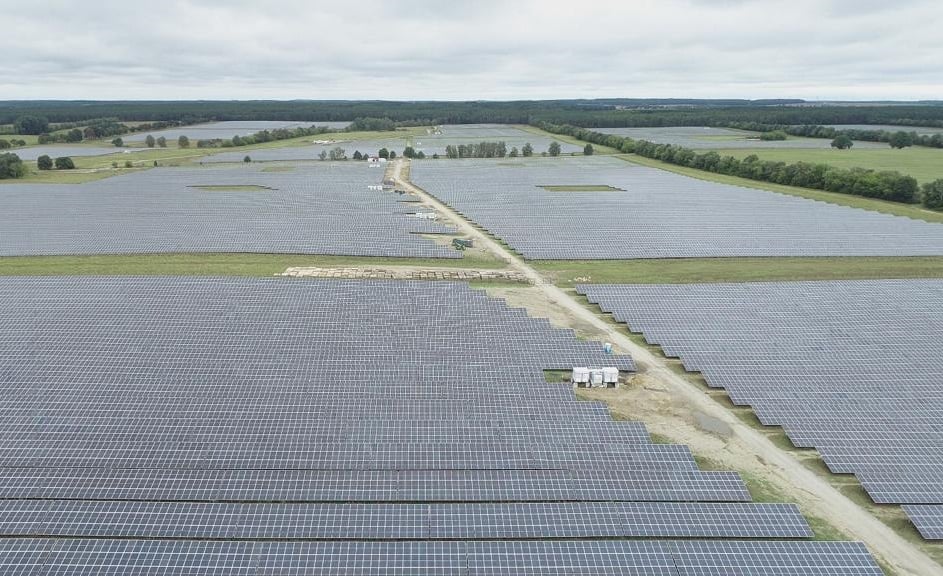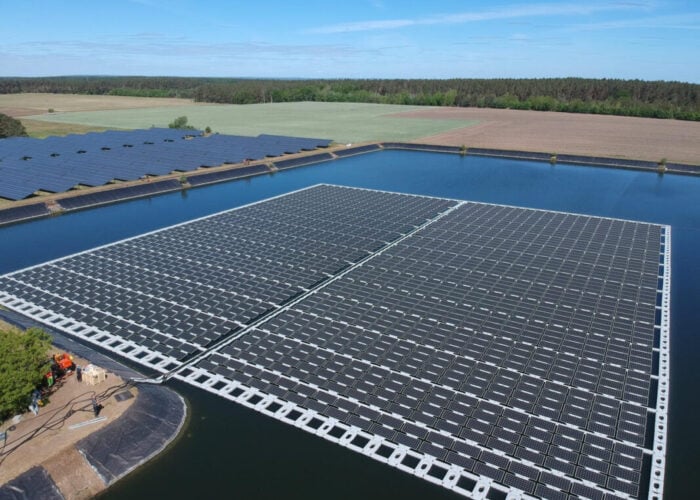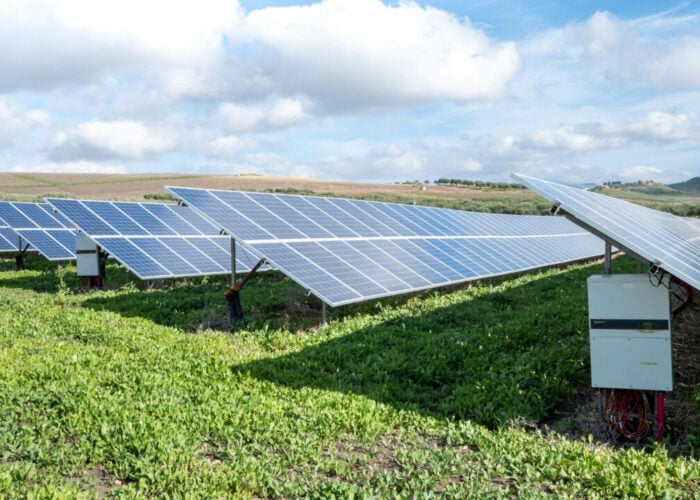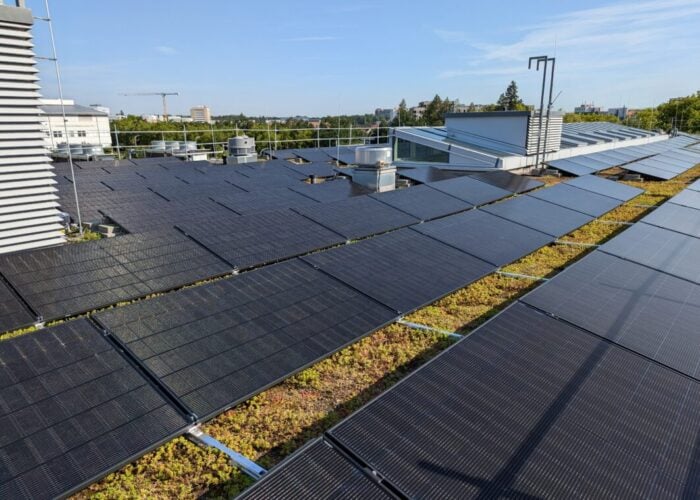
Favorable weather conditions in Germany contributed to renewables accounting for more than half of power generation in January and February this year.
New analysis by Germany’s Center for Solar Energy and Hydrogen Research Baden-Württemberg (ZSW) and the Federal Association of Energy and Water Management (BDEW) has revealed that renewables generated 74.5 billion kWh in the opening quarter of 2022, up by nearly 25% year-on-year.
Unlock unlimited access for 12 whole months of distinctive global analysis
Photovoltaics International is now included.
- Regular insight and analysis of the industry’s biggest developments
- In-depth interviews with the industry’s leading figures
- Unlimited digital access to the PV Tech Power journal catalogue
- Unlimited digital access to the Photovoltaics International journal catalogue
- Access to more than 1,000 technical papers
- Discounts on Solar Media’s portfolio of events, in-person and virtual
The beginning of the year was “unusually windy”, especially in February, and contributed to renewables accounting for 47% and 62% power consumption in January and February respectively, with the latter being a record month for wind energy.
During the first quarter of the year, solar PV contributed with 9.6 billion kWh, with March getting above the average numbers of solar irradiation.
In total, renewables produced 54% of total power consumption in Germany in the opening two months of this year, the analysis found.
“The high proportion of renewables in the first few months of this year should not hide the fact that the expansion of renewables is proceeding far too slowly,” said Kerstin Andreae, chair of the BDEW executive board.
Andreae said how important it is to quickly become independent from fossil fuels amid the ongoing conflict in Ukraine and measures to increase the expansion of renewables “are more urgent than ever”.
Earlier this month, in order to reduce its dependency on Russian oil, Germany set to speed up installation of solar and wind projects to reach the goal of 100% of renewable electricity by 2035, with solar PV accounting for 200GW of renewable installation by then.
“We need faster planning and approval procedures and more space for wind turbines and photovoltaic systems,” added Andreae.
Earlier this year, the solar trade association the Bundesverband Solarwirtschaft (BSW) made similar comments by calling to “torn down” additional barriers if Germany wants to meet its 200GW of solar capacity by 2030.
Moreover, the government has launched an initiative to support the construction of solar projects on agricultural land to ramp up agriPV projects in Germany.
Last year, Germany lead the EU in solar PV installations with 5.3GW, and ended 2021 with almost 60GW of total installed capacity. To achieve its target by 2030, Germany will need to more than treble the annual installation rate of solar PV in the country.







